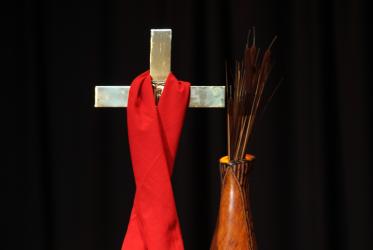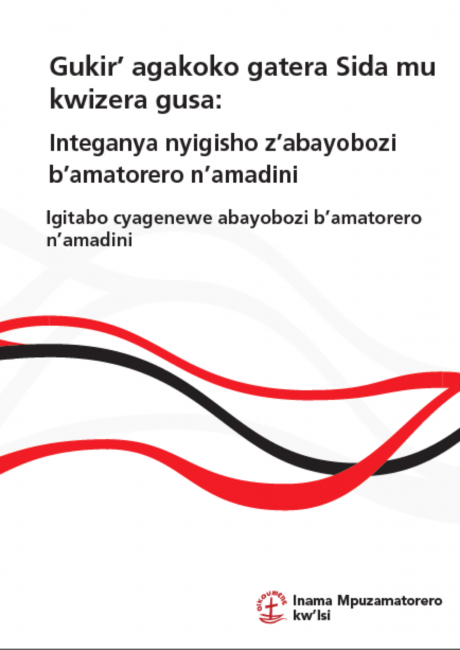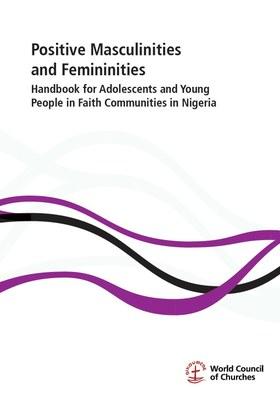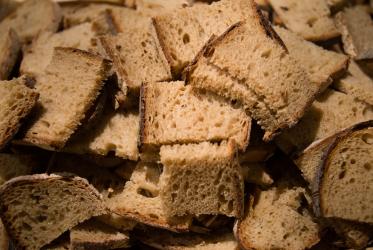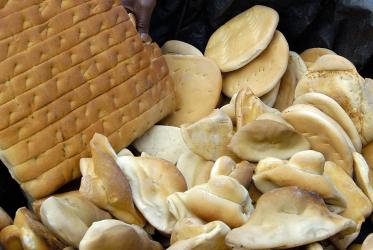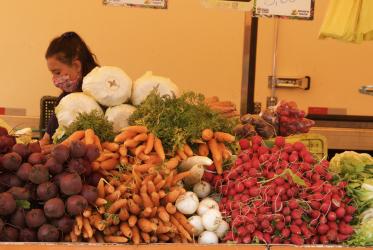Displaying 61 - 80 of 200
Treatment Adherence and Faith Healing in the Context of HIV and AIDS in Africa
Training Manual for Religious Leaders
25 October 2020
Applications open for WCC Eco-School
22 October 2020
Positive Masculinities and Femininities
Handbook for Adolescents and Young People in Faith Communities in Nigeria
19 October 2020
On World Food Day, “we pray for wisdom to care for the earth”
16 October 2020
Healing Together
A Facilitator’s Resource for Ecumenical Faith and Community-Based Counselling
15 October 2020
WCC to host online prayer service for World Food Day
09 October 2020
Martin Khor Kok Peng, “friend of the poor,” passes away
03 April 2020
Eco-School promotes blue communities, green churches
19 November 2019
WCC Eco-School begins in Thailand
07 November 2019

